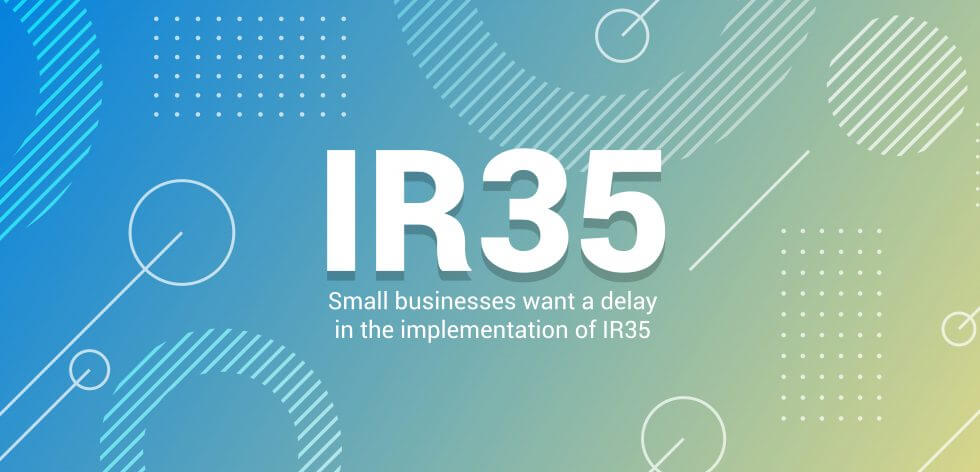A number of small businesses are calling for HMRC to delay the controversial upcoming changes to how taxation works. IR35, which is set to restrict independent contractors from passing themselves off as freelancers, is due to land in April 2020.
The UK government has already implemented restrictions to freelancers working as contractors on a full-time basis on the public sector. However, the changes are now set to be rolled out to the private sector too.
Prior to this, these employees were able to enjoy paying less tax than their peers, who were contracted as full-time employees under a PAYE scheme. But the problem for small business owners is that it is the employer – not the contractor – who is penalised if they mis-categorise their employees, meaning that hiring independent sole traders is less appealing.
According to the Federation of Small Businesses (FSB), large corporations have already voiced
their intentions to “pull the plug on sole traders” if the changes go ahead in April next year.
“The self-employed certainly don’t need an IR35 rule change that makes hiring contractors
less attractive. We’ve already heard noises from big corporates to indicate that, if this change does
take effect in April as planned, they’ll pull the plug on sole traders. Common sense dictates that a
delay to the April roll-out of these rules is now needed.” — FSB Chairman, Mike Cherry
The rule change is designed to put an end to people disguising themselves as off-payroll independent freelancers, people who the HMRC believe should be treated in the same way as PAYE employees. Additionally, as this type of ‘freelancer’ can effectively avoid tax and national insurance bills, HMRC believes that by extending the IR35 legislation to the private sector – a controversial change that is causing much concern among small businesses – the Exchequer can raise over £3 billion in revenue between the years 2020 and 2024.
Understandably, the planned changes cause concern for sole traders operating in this area. According to research by the FSB, four in ten sole traders said that they saw a reduction in income between July and September of 2019 when compared to previous months and years, while six in ten don’t anticipate their financial situation to improve before January 2020. And more than one in ten are steeling themselves for an even greater decline.

